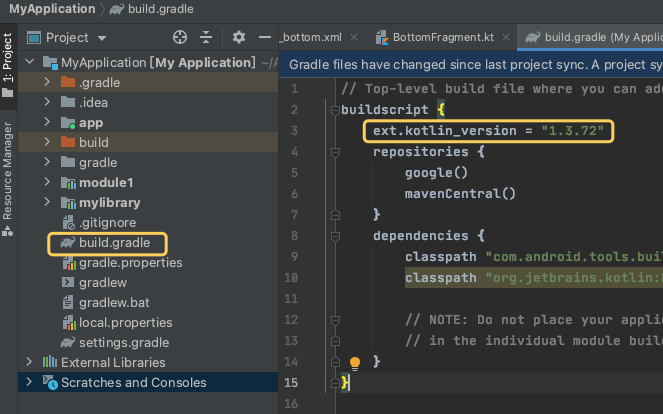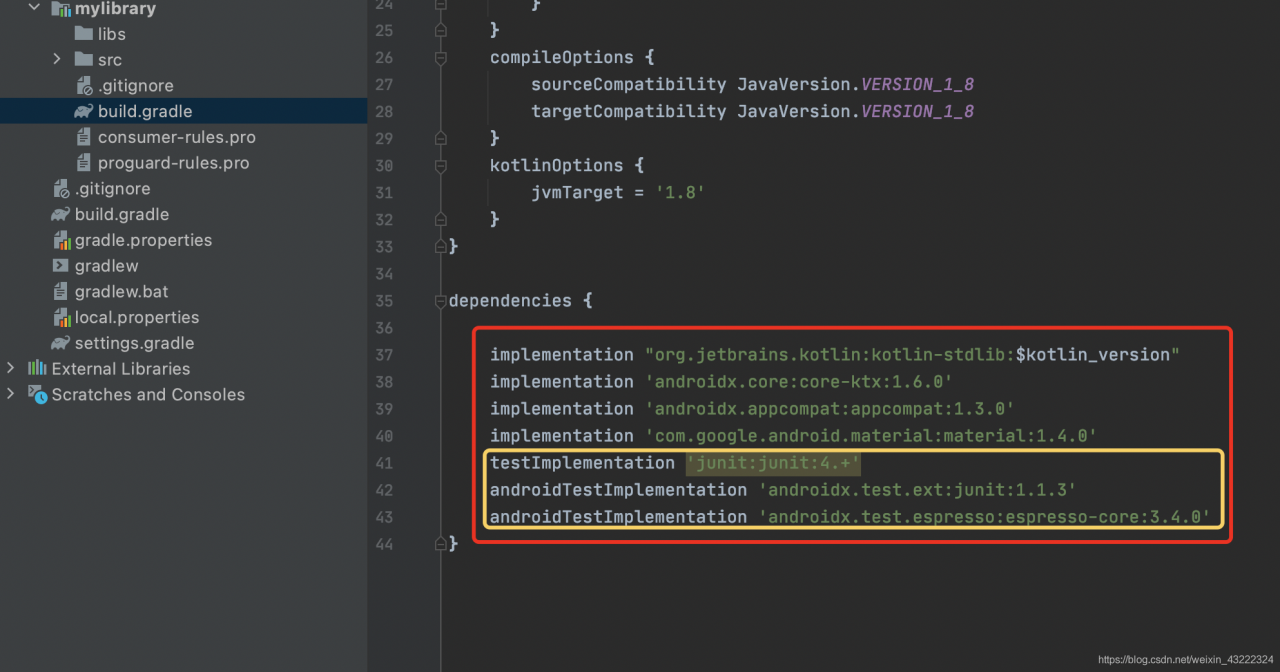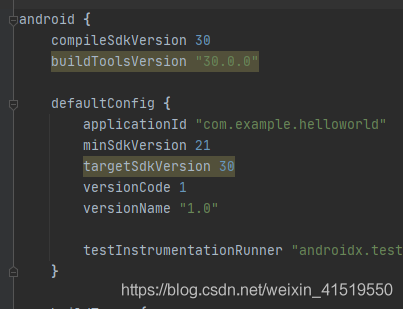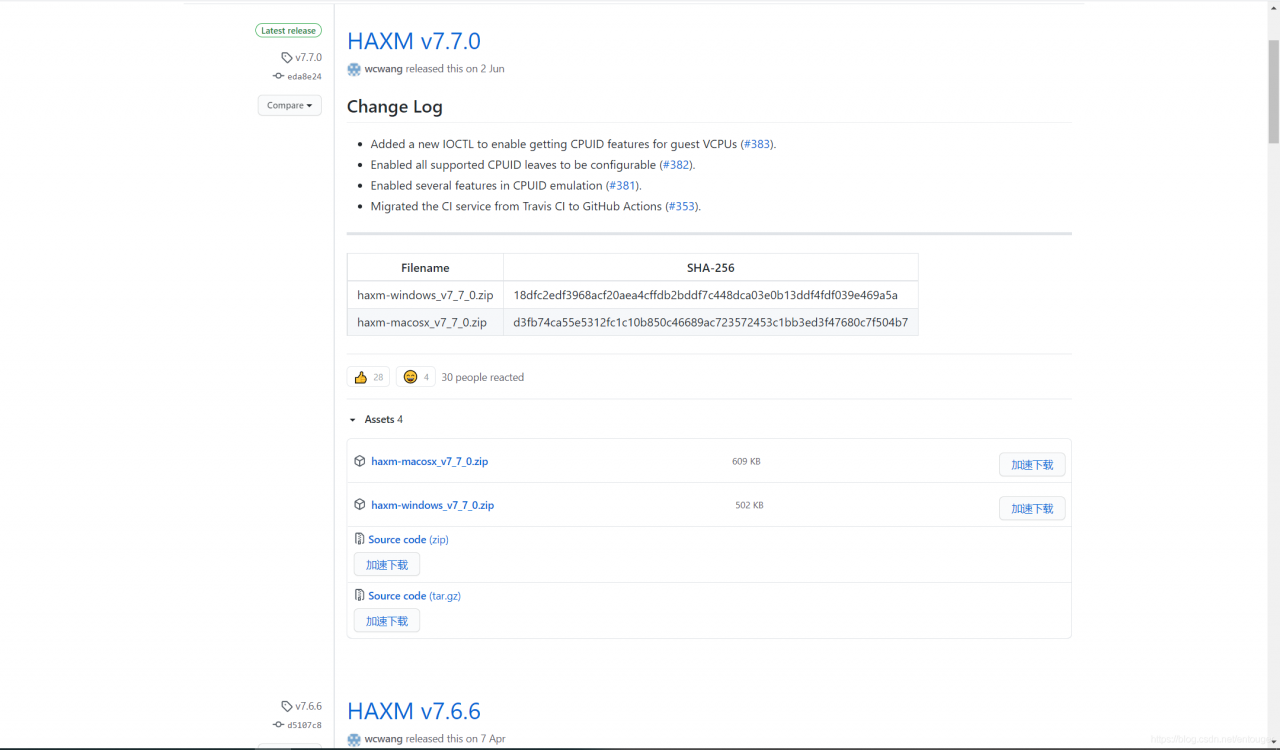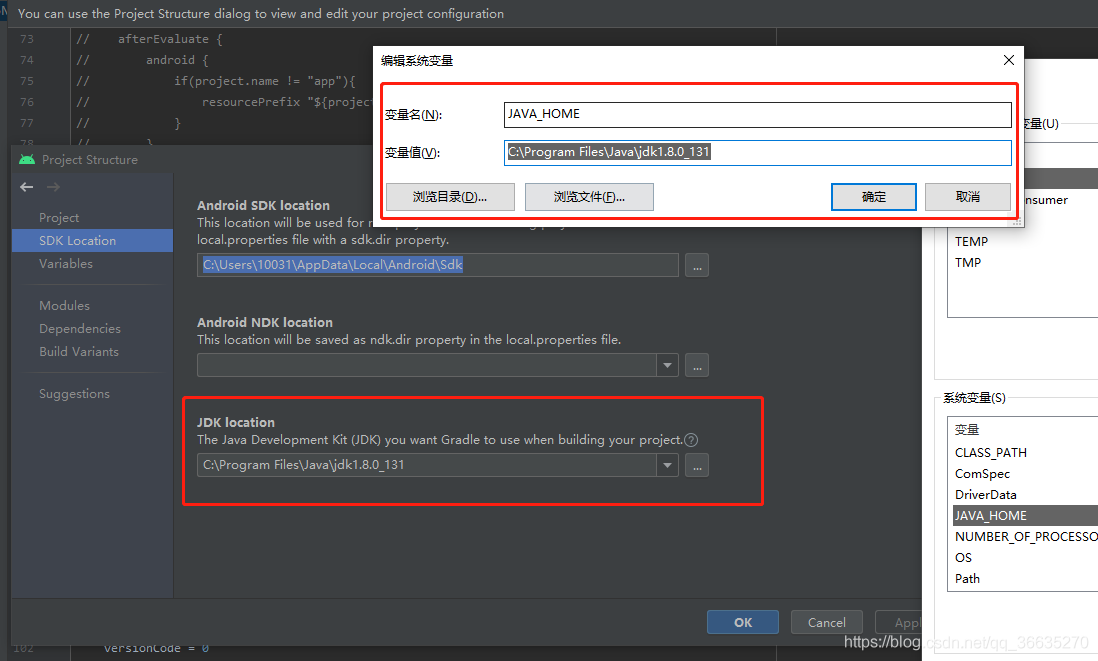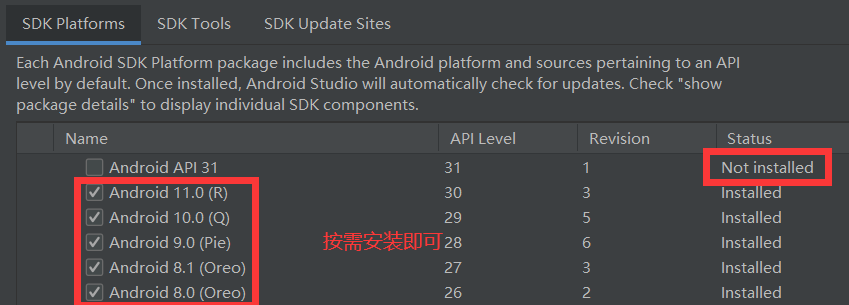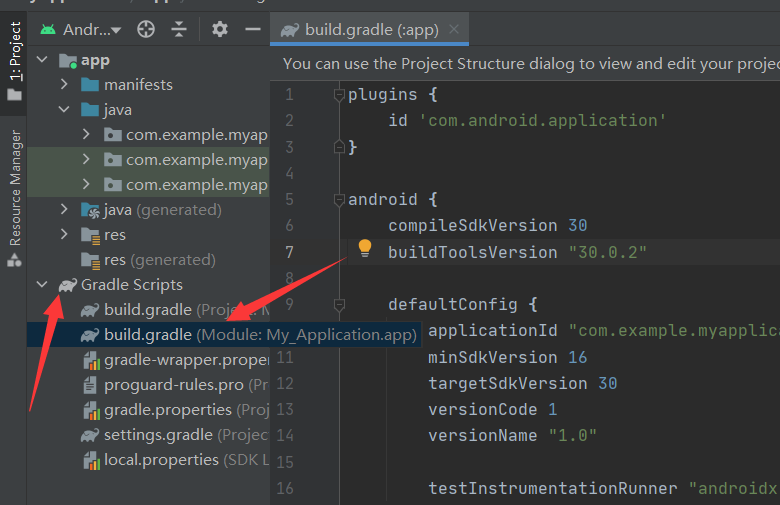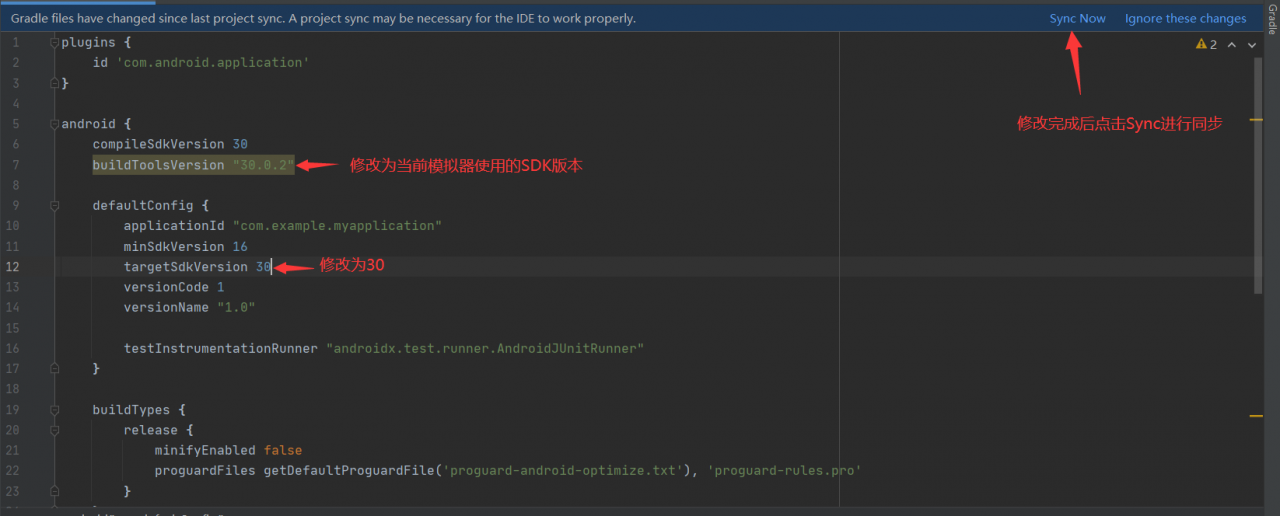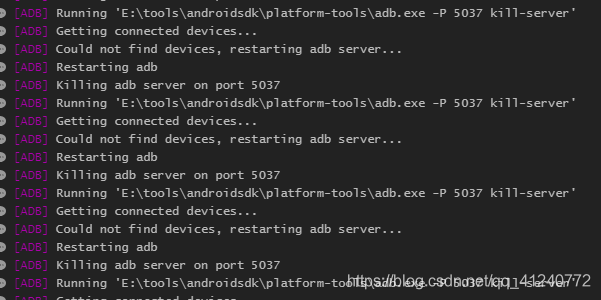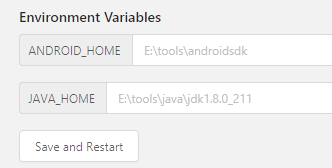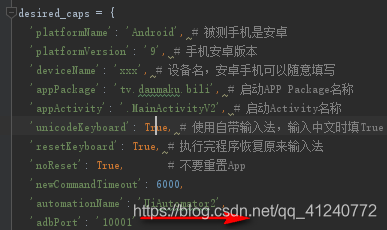preface
Okhttputils has always been used in network requests. Recently, gradle was upgraded from 3.2.1 to 4.2.0. The running project reported an error (call could not be found).
Android studio usage:
implementation ‘com.zhy:okhttputils:2.6.2’
Before upgrade
Android Studio:4.2.0
Gradle plug-in version: 3.2.1
Required version of gradle: 4.8.1
After upgrade
Android Studio:4.2.0
Gradle plug-in version: 4.2.0
Required version of gradle: 6.7.1
Operation results
Error: package okhttp3 does not exist
import okhttp3.Call;
solve
New: implementation ‘com. Squareup. Okhttp3: okhttp: 4.9.1’
I don’t know if there will be problems later. I feel that I still need to change a set of framework. After all, Hongshen has stopped maintenance.
